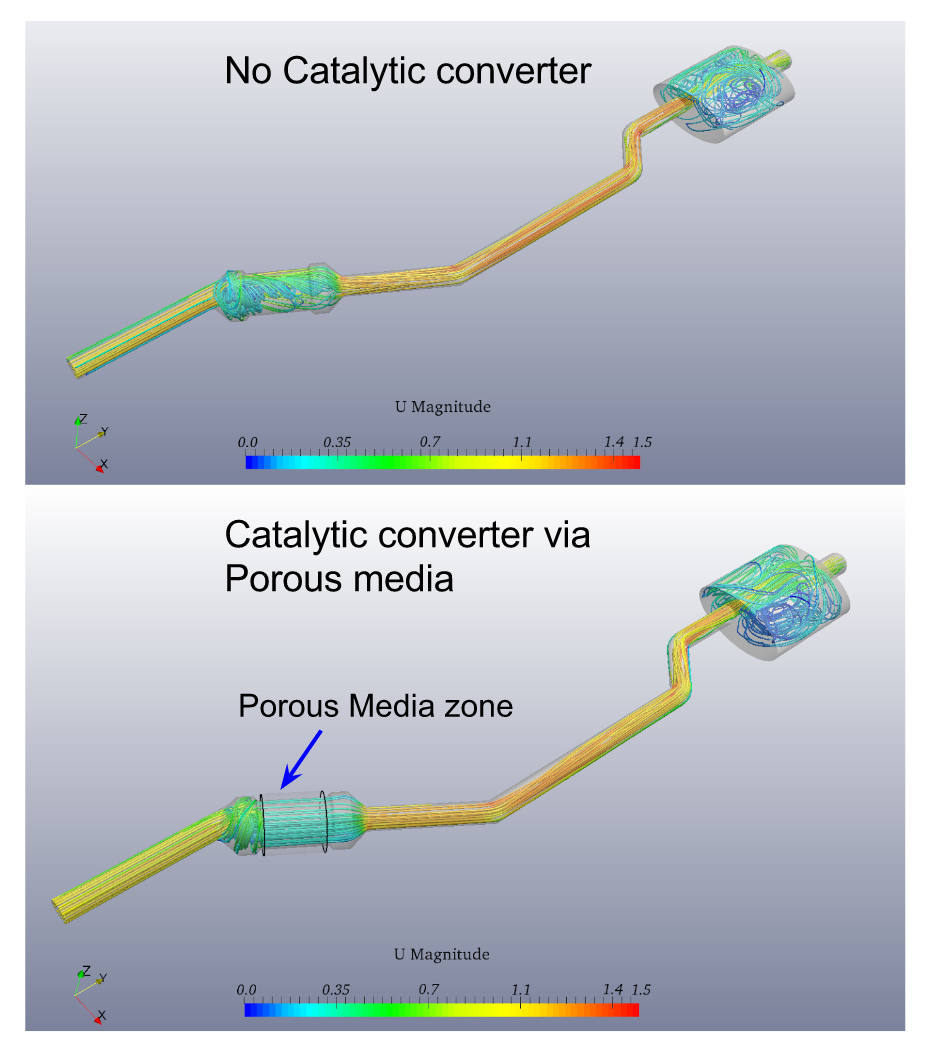Catalytic Converter Laws by State

Each state in the US has its own laws and regulations regarding the use of catalytic converters. In this article, we will discuss the different catalytic converter laws by state.
Why Do We Need Catalytic Converters?
The use of catalytic converters in vehicles is essential to reduce air pollution. They help convert harmful pollutants such as carbon monoxide, nitrogen oxides, and hydrocarbons into less harmful emissions like carbon dioxide, nitrogen, and water vapor. Without catalytic converters, these pollutants would spread into the atmosphere, leading to severe health and environmental problems.
The Different Catalytic Converter Laws by State
California
California has the strictest laws regarding catalytic converters. The state requires that all vehicles manufactured after 1975 be equipped with a catalytic converter. In addition, California has specific requirements for the type of catalytic converter that must be used. If a vehicle fails a smog check, it must be repaired with a catalytic converter that meets California's standards.
New York
New York requires that all vehicles pass an emissions test before registration or renewal. If a vehicle fails the emissions test, it must be repaired with a catalytic converter that meets New York's standards.
Texas
Texas requires that all vehicles pass an emissions test before registration or renewal. However, the state does not have specific requirements for the type of catalytic converter that must be used.
Florida
Florida does not require emissions testing or catalytic converters for most vehicles. However, vehicles registered in certain counties must pass an emissions test every two years.
Advantages and Disadvantages of Catalytic Converters
Advantages
- Reduces harmful emissions
- Helps protect the environment
- Increases fuel efficiency
Disadvantages
- Expensive to replace if stolen or damaged
- May reduce engine performance
- Contains precious metals that can be harmful to the environment if not properly disposed of
FAQ
1. What happens if my catalytic converter is stolen?
If your catalytic converter is stolen, you will notice a loud noise coming from your vehicle's exhaust. You should immediately take your vehicle to a mechanic to have the catalytic converter replaced.
2. How much does it cost to replace a catalytic converter?
The cost to replace a catalytic converter can vary depending on the make and model of your vehicle. On average, it can cost between $500 to $2,500.
3. Can I remove my catalytic converter?
No, it is illegal to remove your catalytic converter. Doing so can result in fines and legal consequences.
4. How often should I replace my catalytic converter?
Catalytic converters can last for many years, but they may need to be replaced if they become damaged or worn out. It is best to consult with a mechanic to determine if your catalytic converter needs to be replaced.
Conclusion
Catalytic converters are essential for reducing air pollution and protecting the environment. Each state has its own laws and regulations regarding the use of catalytic converters, and it is important to follow these laws to avoid legal consequences. While catalytic converters have advantages, such as reducing harmful emissions and increasing fuel efficiency, they also have disadvantages, such as being expensive to replace if stolen or damaged. It is crucial to take care of your catalytic converter to ensure it lasts for many years.
